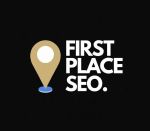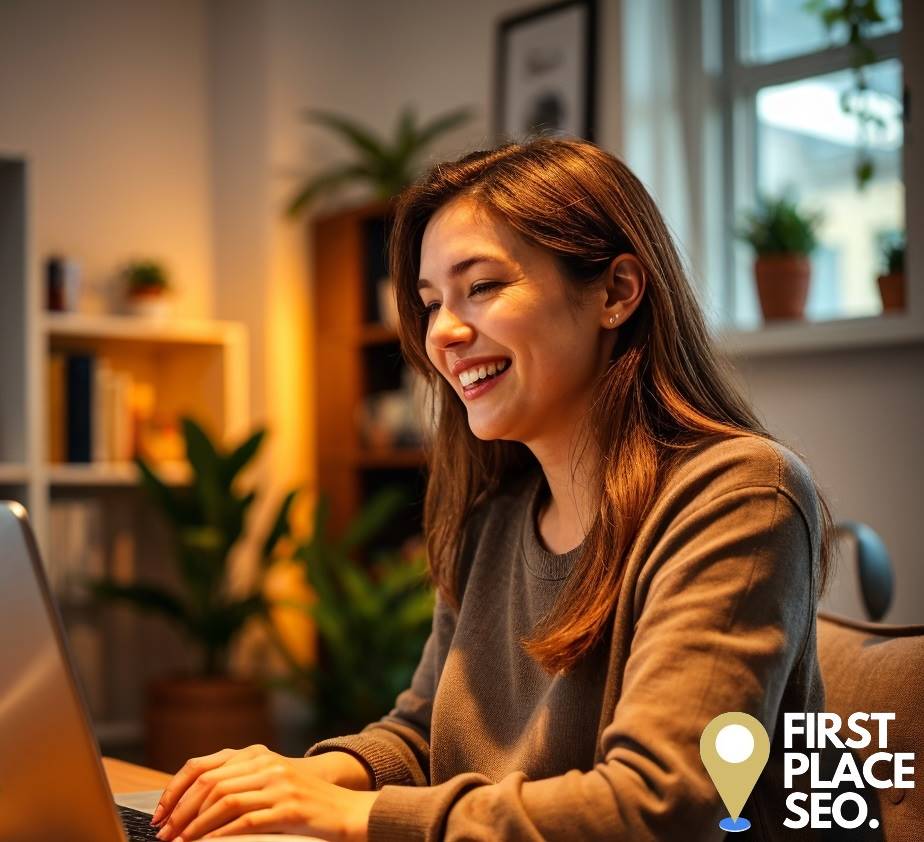The Power of Meta Descriptions, Heading Tags, and Alt Text for Your Website & It’s SEO
If you’ve been looking at how to get your website ranking on Google, then you would have hopefully heard about keywords, backlinks, and content quality as major factors. But have you ever wondered if you’ve been missing something else that could give you an edge? It turns out, meta descriptions, heading tags, and alt text could be just what you need to make your content stand out and increase click through rate from the organic search.
These easy to implement SEO tasks are often overlooked, even though they play an essential role in shaping how search engines and visitors understand your site. Whether you’re new to this SEO game or looking to refine the marketing strategy of your personal business site, it’s time to understand how these features can work together to improve your online presence.
Making Meta Descriptions Work for You
When someone searches for information online, your meta title and meta description are one of the first things that person will see. This snippet of info tells potential visitors what your page is about, influencing their decision to click on your link.
Meta descriptions don’t directly affect your rankings but they are really useful to attract visitors. A well-written meta description will definitely encourage a searcher on the SERP to click on your page instead of someone else’s. Think of it as your chance to make a great first impression.
Here’s how to write a good meta description:
- Keep it concise: Aim for 140-160 characters (including spaces), so it fits within search results.
- Be clear and specific: Let people know exactly what they’ll find on your page.
- Include a keyword naturally: If possible, work your main keyword into the text without forcing it.
How to Use Heading Tags for Better Structure
Heading tags help structure your content, making it easier for readers to follow and for search engines to understand. They range from H1 (your main heading) to H6 (subsections within your content).
Your H1 should clearly state the main topic of your page. Search engines rely on this to understand what your content is about. It’s important to use only one H1 per page to maintain clarity.
For the rest of your content, H2 and H3 tags should be used to break down sections and highlight key points. This not only makes your page easier to read but also helps search engines identify the most important parts of your content.
Some tips for using heading tags:
- Start with a strong H1: This should be clear and directly related to the main focus of the page.
- Organise your content with H2 and H3 tags: These can be used to create sections and subsections that guide the reader through your content.
- Avoid overusing heading tags: They should be used to organise content, not just to change the appearance of text.
Alt Text: Making Your Images Work Harder
Alt text is a brief description added to an image on your website. While this might seem like a small detail, it serves multiple purposes. Originally intended to help visually impaired users understand images, alt text also allows search engines to index and understand your images, which can enhance your site’s visibility.
When writing alt text, aim for simplicity and relevance. Describe what’s in the image in a way that’s helpful for someone who can’t see it. If the image relates to your content, including a keyword can also be beneficial, but it’s important to avoid overloading the description with keywords.
Here’s how to write effective alt text:
- Be descriptive but concise: Provide enough detail to describe the image, but keep it short.
- Include a keyword if relevant: Only add a keyword if it naturally fits into the description.
- Focus on the content of the image: Describe what’s important or unique about the image in the context of your page.
Avoiding Common Mistakes with Meta Descriptions, Heading Tags, and Alt Text
While it’s easy to see the benefits of using meta descriptions, heading tags, and alt text, there are some common mistakes that can reduce their effectiveness.
One mistake is leaving meta descriptions blank or letting them auto-generate. When you do this, you miss the chance to control how your page appears in search results, which can lead to lower click-through rates.
Another issue is misusing heading tags. Some people use them purely for formatting, such as making text bigger or bolder, which can confuse both users and search engines. It’s important to use them correctly to organise your content.
Lastly, some people try to cram too many keywords into their alt text. This can make the text feel unnatural and could even lead to penalties from search engines. Instead, focus on clear, helpful descriptions.
Bringing It All Together for Better SEO
By paying attention to meta descriptions, heading tags, and alt text, you can significantly improve how your website performs in search engines. These elements might seem small, but they add up to create a stronger, more visible site that’s easier for users to find and navigate.
Taking the time to write clear meta descriptions, organise your content with heading tags, and provide meaningful alt text will help you build a more effective website. Each of these elements contributes to the overall user experience, making it easier for both search engines and people to understand and appreciate your content.
Next time you’re updating your website, don’t forget these key details. They might just be the difference between blending in with the crowd and standing out in search results.


